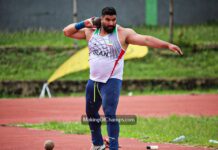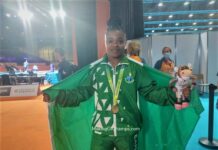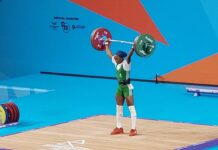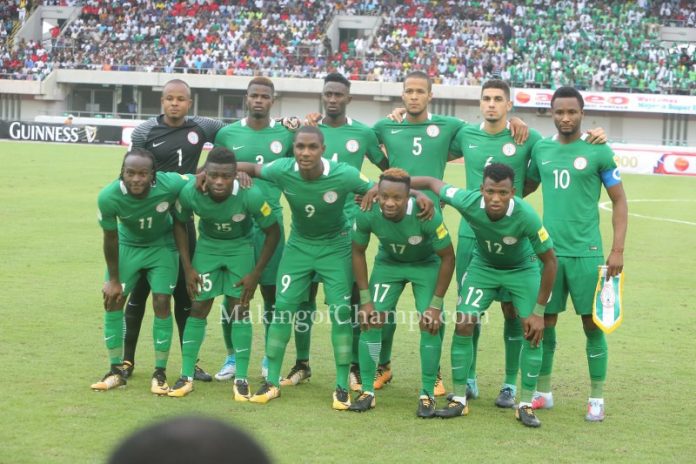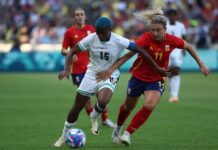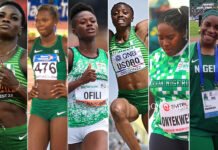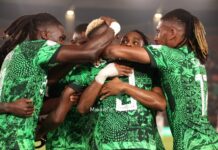With the Super Eagles of Nigeria drawn in Pot Four of the World Cup draws, they definitely would be looking to go past the first hurdle, which is the group stage of the World Cup.
Of their five World Cup appearances in the past, Nigeria has made it past the group stage three times (1994, 1998, and 2014), and in those three instances, they failed to advance past the Round of 16.
Here, we take a look at how far the Super Eagles can go, judging by their performances from the last World Cup.
What has happened since the Last World Cup?
After their outing at the 2014 World Cup where they lost to the French National team, the team had a very turbulent two-year period afterwards, a period which saw them failing to qualify for the 2015 and 2017 editions of the African Cup of Nations (AFCON), which basically brought Nigerian Football to its lowest ebb.
In that period, the Nigerian Football Federation (NFF) appointed two ex-internationals as Technical Advisers – with the pair taking turns to see how they could help Nigeria make it into Africa’s biggest Football showpiece.
Sunday Oliseh was the first to take a shot at the job as he was then tagged the “Nigerian Guardiola” by the current NFF president Amaju Pinnick. Prior to his appointment, Oliseh didn’t have any conspicuous track record of coaching a Football team in the past as he could only boast of working with the FIFA Technical Committee and being a pronounced Sports Pundit with a Cable Television based in Africa.
The move backfired as Oliseh couldn’t bring in the much needed transformation the team needed. He was accused by all and sundry of nepotism, which resulted in not inviting some players on merit.
Oliseh resigned his post with two matches left to spare in the qualifiers for the 2017 AFCON, citing lack of support from the NFF. Samson Siasia took over the remaining matches, but he couldn’t salvage the situation as Oliseh had already sunk the team really deep.
The Gernot Rohr era.
In August of 2016, the NFF appointed Gernot Rohr as the team’s new Technical Adviser, and he set out to redeem the battered image of the Super Eagles.
This he did as he steered Nigeria through its World Cup qualifying campaign unbeaten (winning 4 and drawing 2 matches).
Throughout the qualifying campaign, Rohr championed a course of inviting players based on merit alongside mixing and blending the old players with the younger ones.
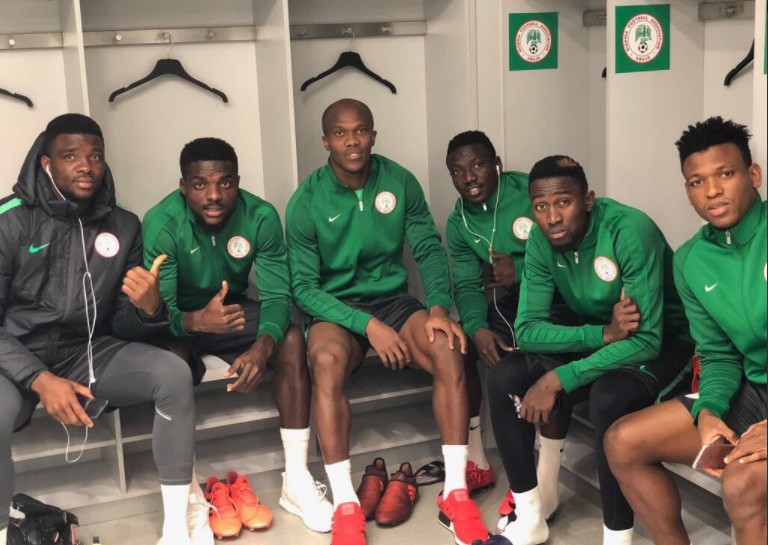
Also, the Franco-German coach made sure that he reduced the average age of the squad to just less the 25 years, with the team playing with so much power, pace and precision at the moment.
The likes of Leon Balogun, John Obi Mikel and Victor Moses have all been key players in the team as they have brought in their experience, youth and vibe to reinvigorate the fortunes of the team.
How far can the team get to with the current squad?
Pending when the draws are made, the team with its current ranking of being 41st in the world, would certainly not be amongst the favourites to clinch the title. However, Rohr’s team would be looking to surpass the best achievement made by an African side at a FIFA World cup.
The Ghanaians and the Senegalese currently hold that mantle as they reached the quarter final stage in the 2002 and 2010 World Cups respectively.
Nevertheless, depending on the countries the Super Eagles are pitted against – with the probability of drawing a European nation, a South American side or an Asian team, the team would surely look to test their wits against countries from these continents.
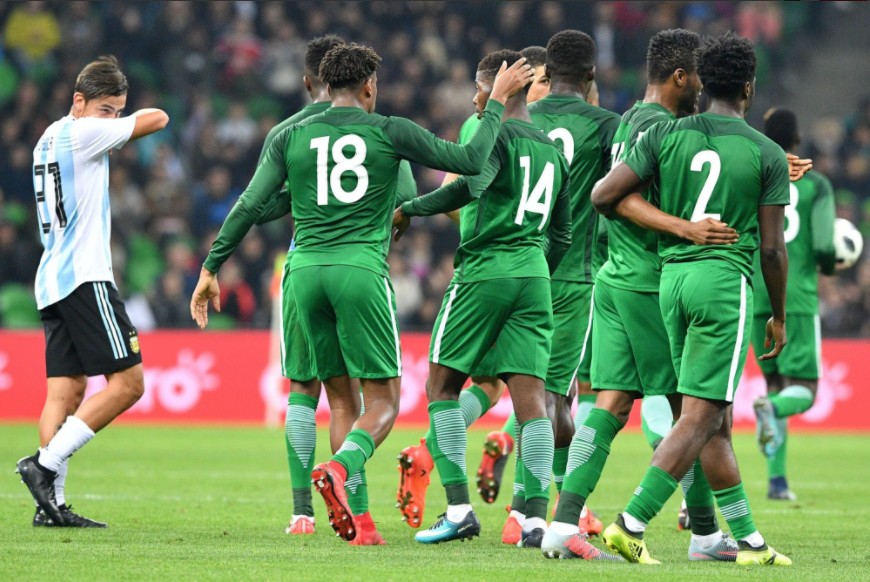
The current squad who recently defeated the Argentines by 4 goals to 2, have showed a lot of promise and prospect as the team have played with so much zeal and vigour under Rohr.
In that match, Rohr tried a totally new formation (3-5-2) which the players were pliable enough to adapt to. This certainly would go a long way in not only making the team less predictable, but also giving the coach a new dimension when trying to fit some players into different positions in the team. A case in study is Kelechi Iheanacho being deployed as a front man in the game against Argentina.
Also, another key ingredient the team currently possesses, is the commitment and skill to excel irrespective of the opposition.
The commitment was seen in the team’s resolve to come back from a 2-0 deficit against Argentina, as well as players having the right attributes to apply the array of talent they have to affect a match positively.

